We’re excited to introduce you to the always interesting and insightful Nancy Knous. We hope you’ll enjoy our conversation with Nancy below.
Nancy, looking forward to hearing all of your stories today. One of our favorite things to hear about is stories around the nicest thing someone has done for someone else – what’s the nicest thing someone has ever done for you?
My mother went to heaven at the age of 95, about seven years ago. I miss her like I’ve never missed anyone else. Every time I saw her, she always asked me how business was. I have owned my own company for the last 25 years, and no one else ever asked me that question. I’m not sure if I present in a way that makes people think I don’t need to talk about business, but she always asked. Not only was that kind and thoughtful, but she also listened to my answers and helped me process what I needed. She reminded me why I was capable of getting through to the other side of whatever issue I was facing at the time.
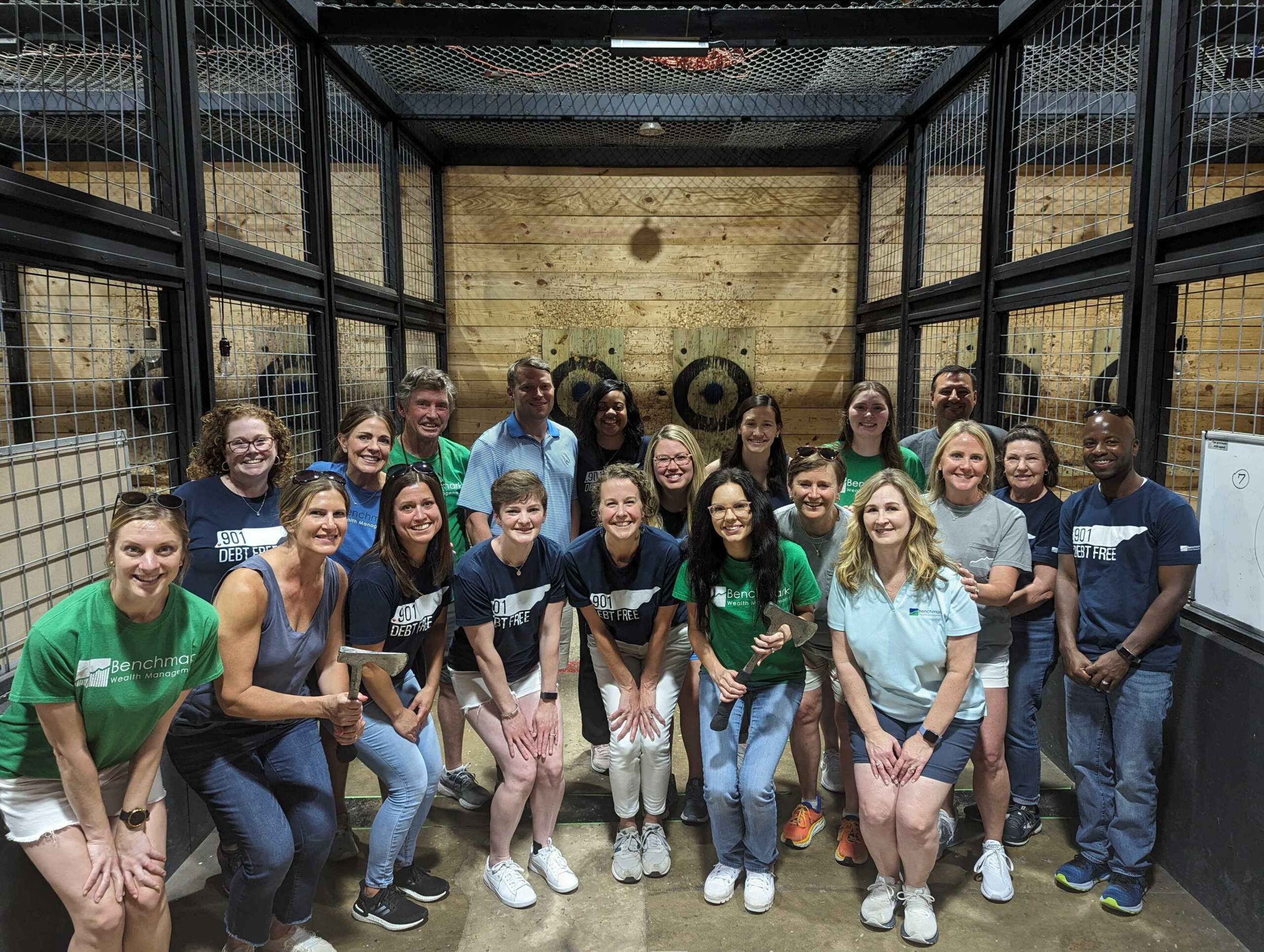
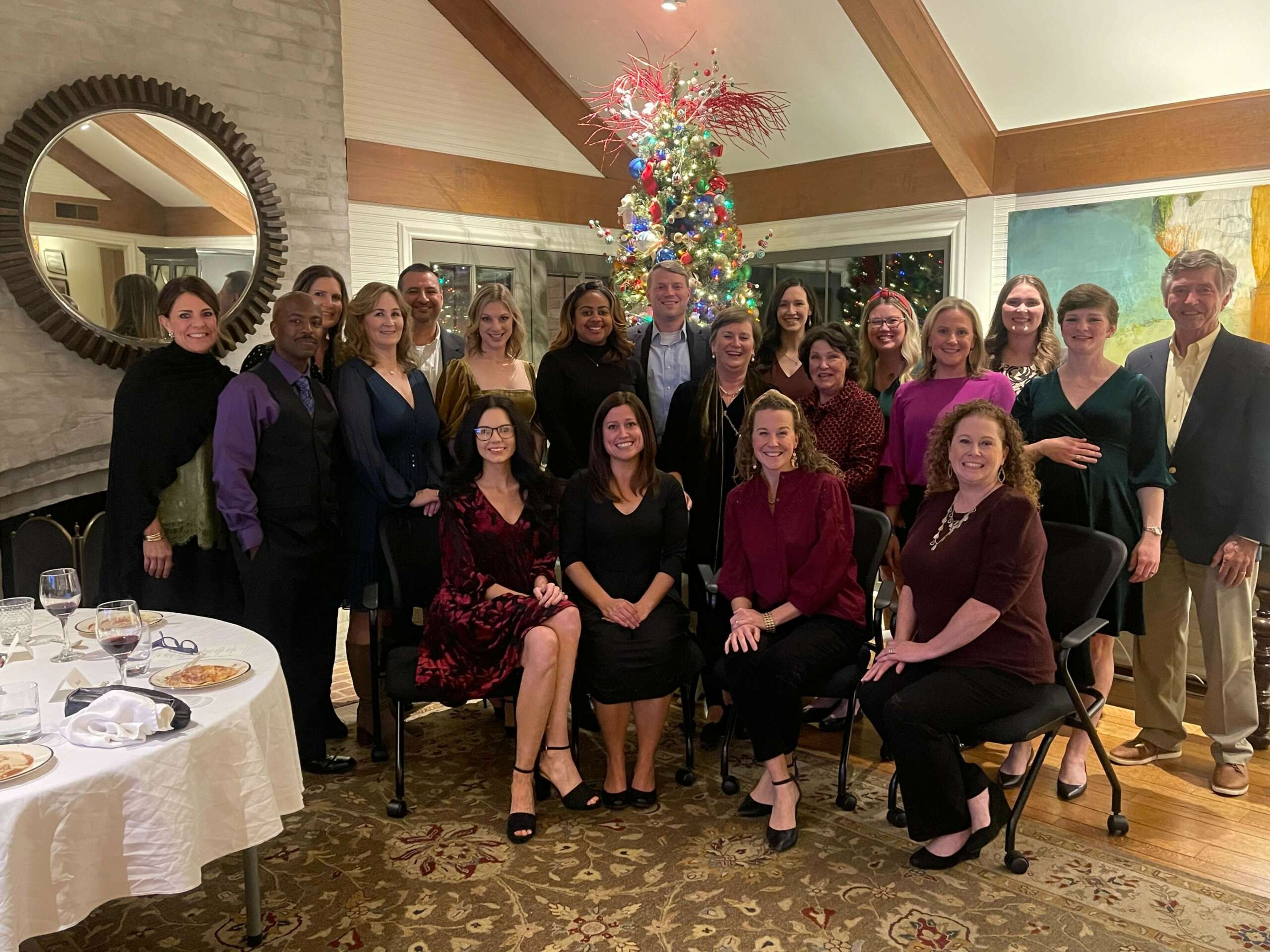
Nancy, before we move on to more of these sorts of questions, can you take some time to bring our readers up to speed on you and what you do?
I’m an accidental business owner. I was part of a large financial planning practice when three colleagues decided to start their own firm. I joined them, but within 18 months, we had each amicably gone our own ways. I suddenly found myself running a business. This was daunting because of the toxic management experience I had at my previous firm. However, my background in team sports during high school and college gave me the confidence to build a cohesive team. From the beginning, our firm’s focus has been on teamwork. It’s not me against them; it’s us.
We are Certified Financial Planners, but we go beyond that. We help people develop a better relationship with their money, understanding its power to provide freedom, legacy, and impact. While we work with a variety of clients, we particularly help those who are debt-free and have accumulated wealth. They need understanding, strategic advice to maintain financial independence, and guidance on passing down their legacy.
In an industry where only 15%-20% of financial advisors are women, I recently attended an event as the sole female advisor among 50+ male advisors. In contrast, 80% of our advisors and staff are female. This diversity allows us to provide a level of care, warmth, and perspective that many financial planning firms struggle to achieve.
Our firm has been voted Best Place to Work by InvestmentNews magazine and the Memphis Business Journal. Our culture is one of impact and unity, and this extends to our clients. We build deep, generational relationships and only recommend strategies that we would follow ourselves.
Personally, I learned the hard way about financial responsibility. In the first five years of my career, I almost drove the company into the ground due to poor financial habits. However, I turned things around by budgeting diligently, both personally and professionally. Now, I am debt-free and passionate about helping others achieve the same.
I’m incredibly proud of our firm’s culture and environment. We help our team members change their lives, pursue big dreams, and thrive. Many of our team members have come from abusive work environments, and we’ve seen them come alive and flourish with us. This transformation is one of the most rewarding aspects of my work.
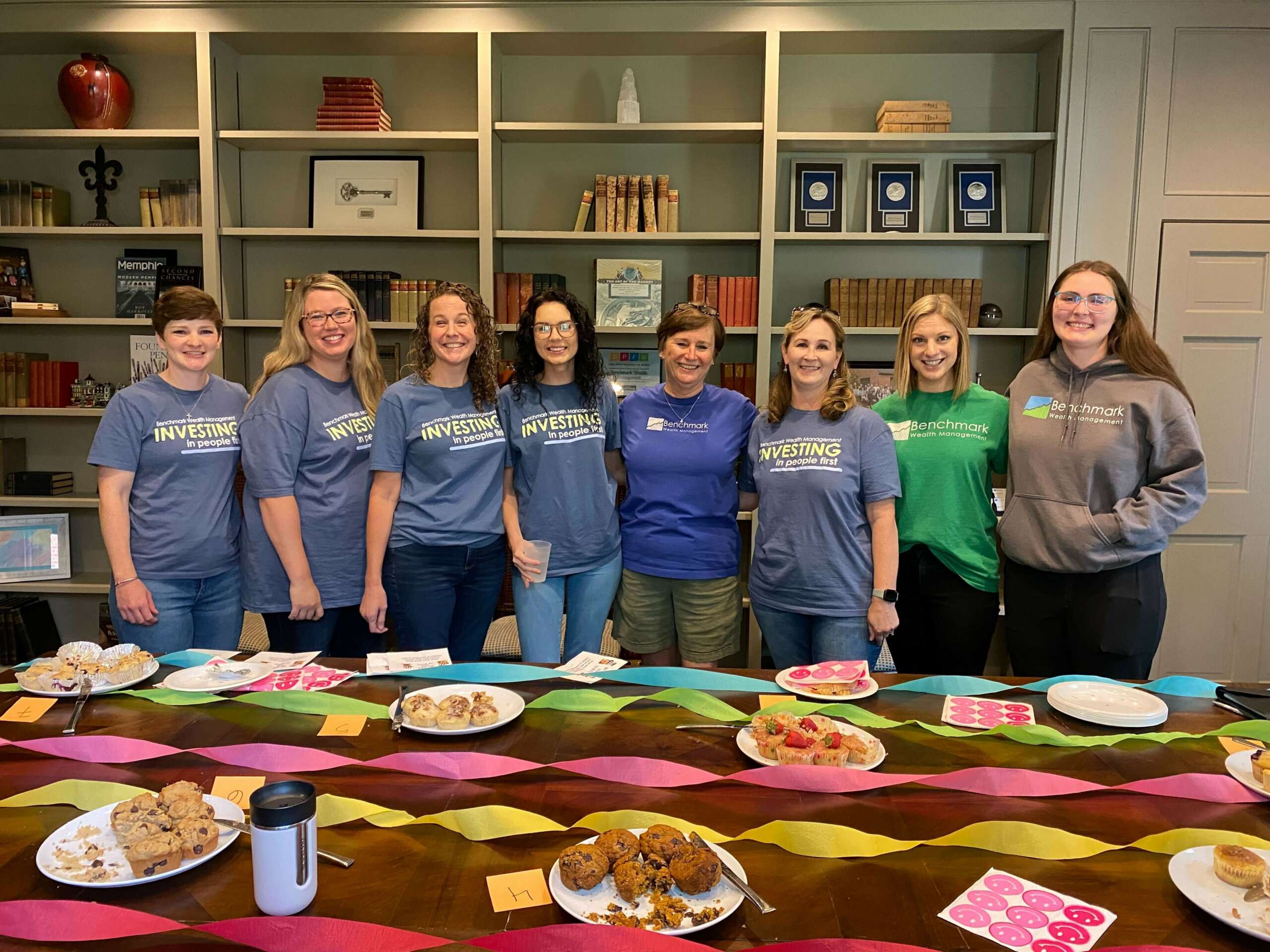
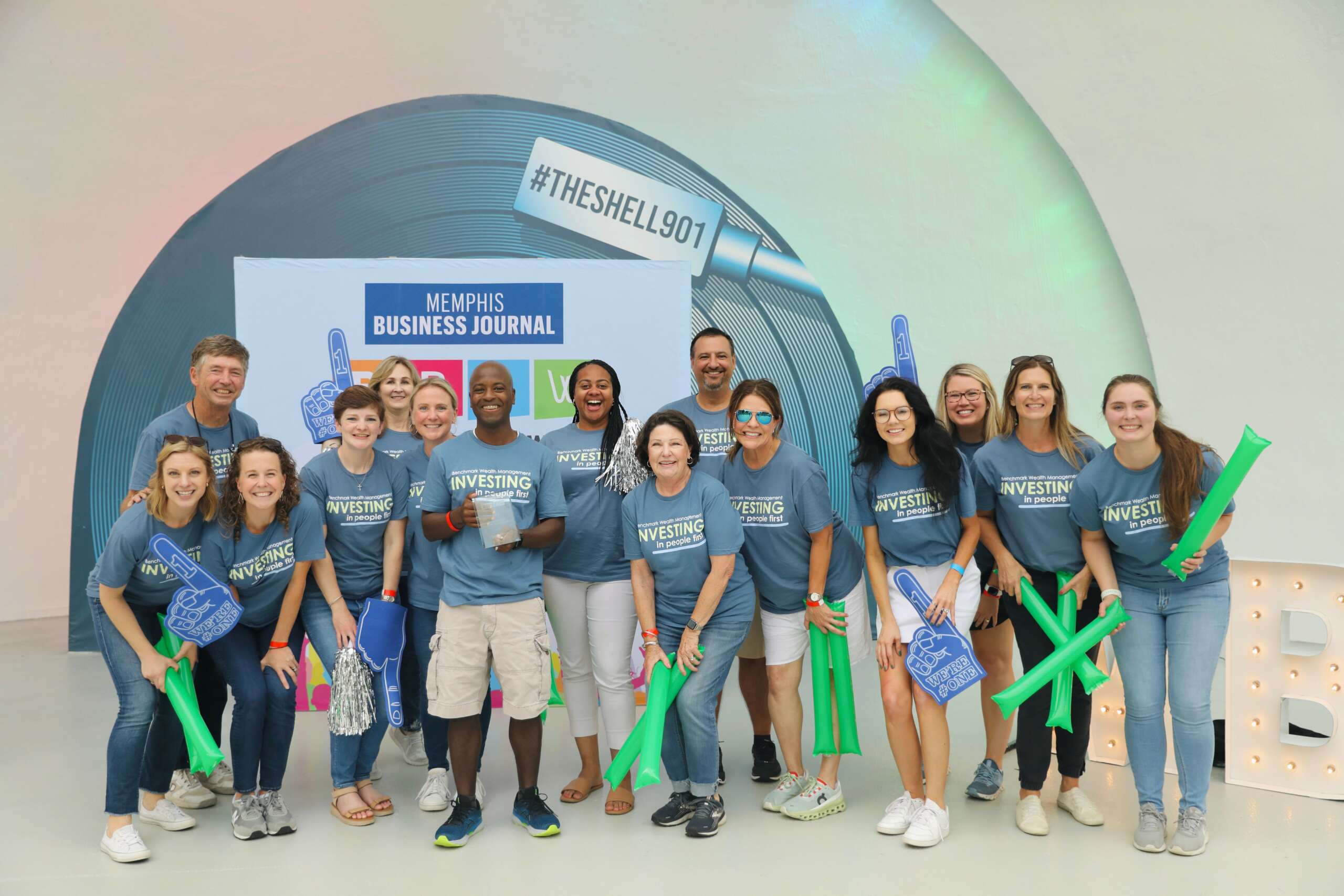

How about pivoting – can you share the story of a time you’ve had to pivot?
I started Benchmark Wealth Management in 2000. In 2009, the market went wonky. Our income is based on our asset management fee, so when clients’ accounts go down, our income decreases accordingly. From 2008 to 2010, everyone’s accounts dropped by 30% to 40%, and our income followed suit. I was ill-prepared for this. Despite being a Certified Financial Planner and owning my own wealth management firm, I didn’t have a budget or pay attention to cash flow. In short, I was an idiot. One day, while doing payroll, I realized I was going to be short. Without any savings, I didn’t know what to do.
That afternoon, I took a walk with my best friend, lamenting my situation. She told me not to worry, saying that she and her husband could cover me. They gave me $5,000, and I made payroll. While I was incredibly thankful, my slice of humble pie was significant because my best friend was also my receptionist. That’s right – my receptionist/best friend was keeping my financial planning firm afloat.
I realized it was time for drastic changes. I began selling unnecessary items, like my treadmill (I could hang my clothes somewhere else, right?) and some jewelry from past relationships. I managed to save $1,000. I started paying off my debt little by little. Although I was worth a lot on paper, I hadn’t been paying attention to my day-to-day finances. As a single person running my own shop, I didn’t think it was necessary.
So, I carved out a budget and began paying cash for everything. Over time, I paid off all my debt, including my house and the building I owned, and became completely debt-free. From that point forward, I’ve continued the practice of paying cash for everything possible and keeping a close eye on all spending, both personally and for the company. Today, I still have no personal debt and am financially independent, meaning I could stop working if I wanted to—but I love what I do and don’t want to.
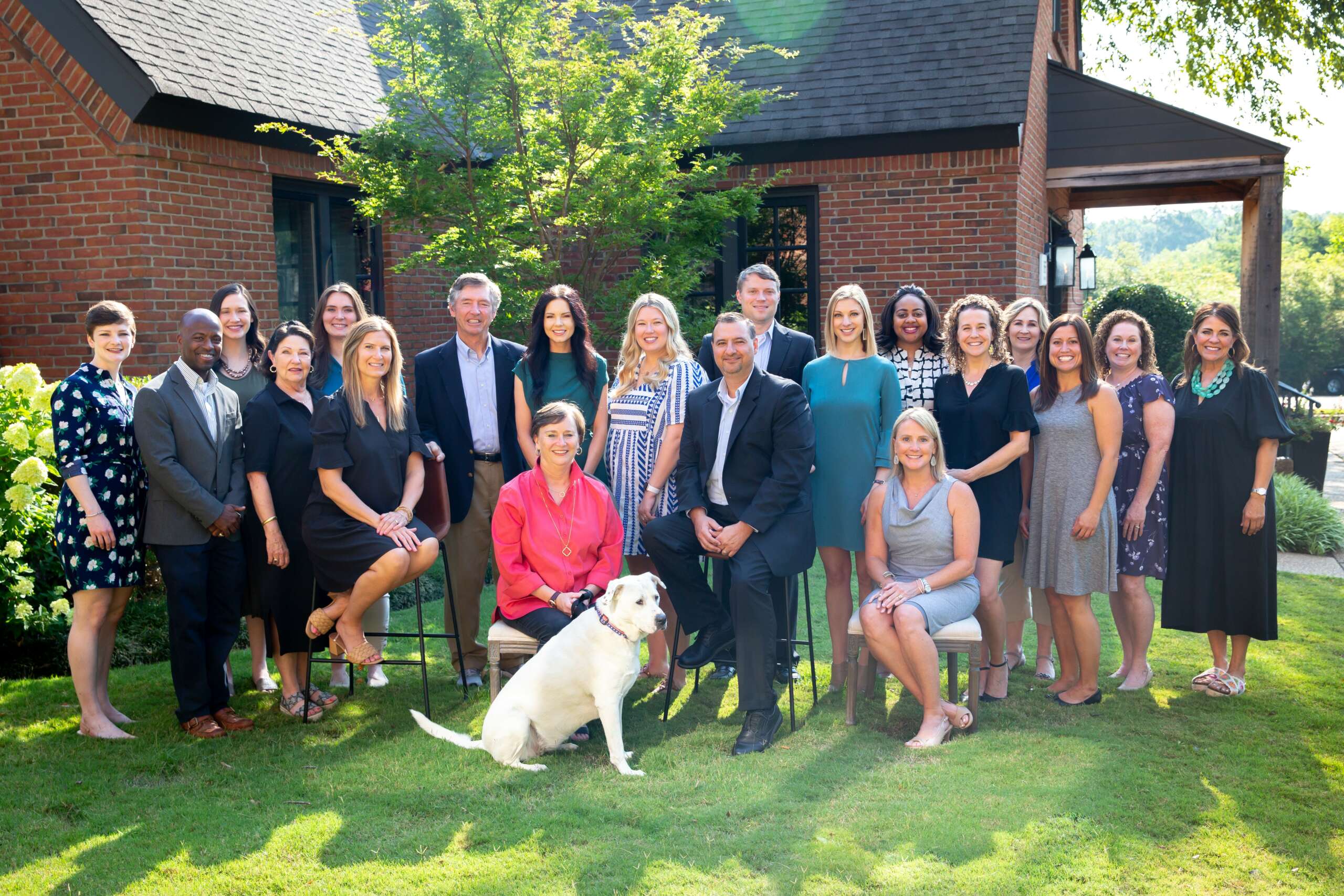
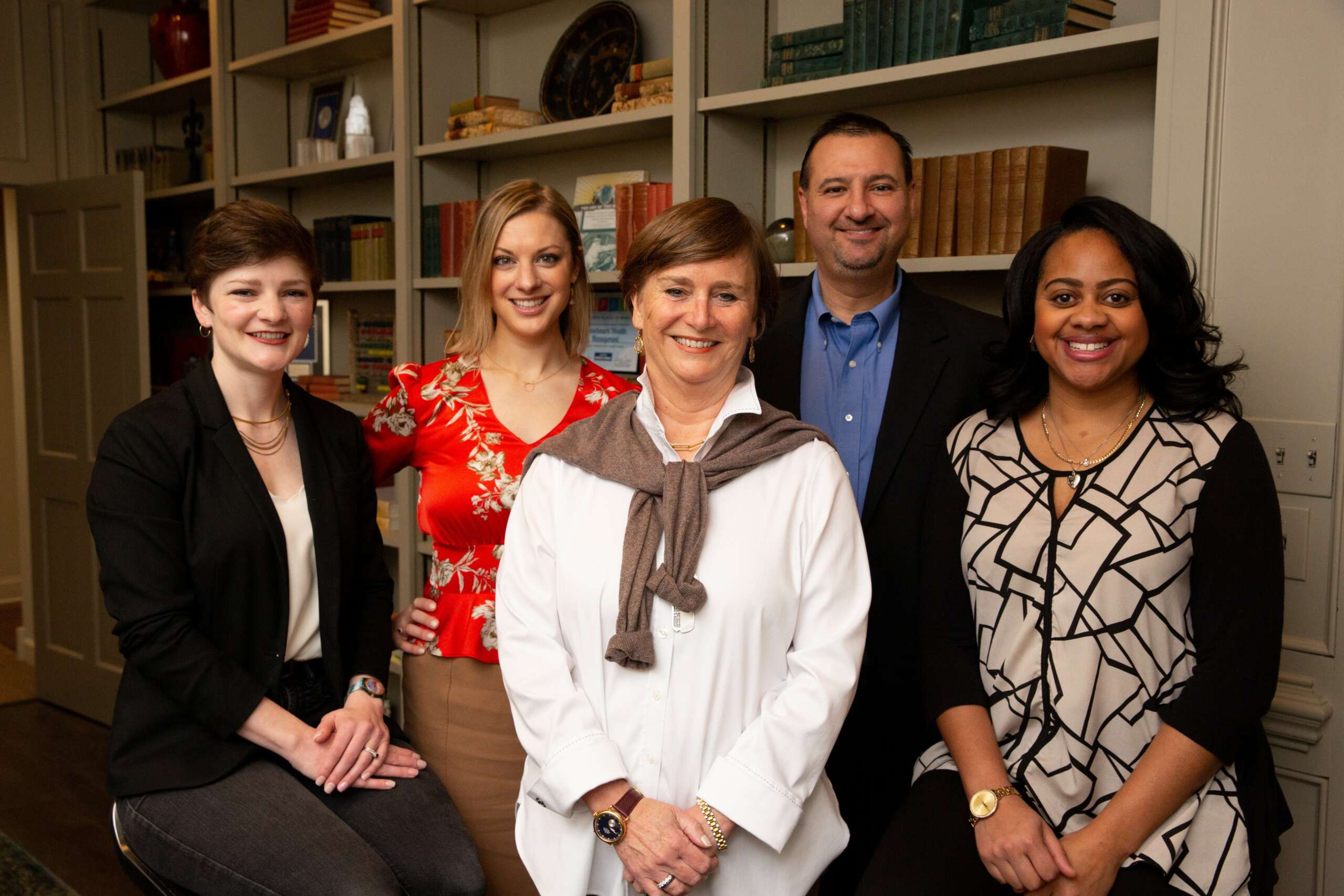
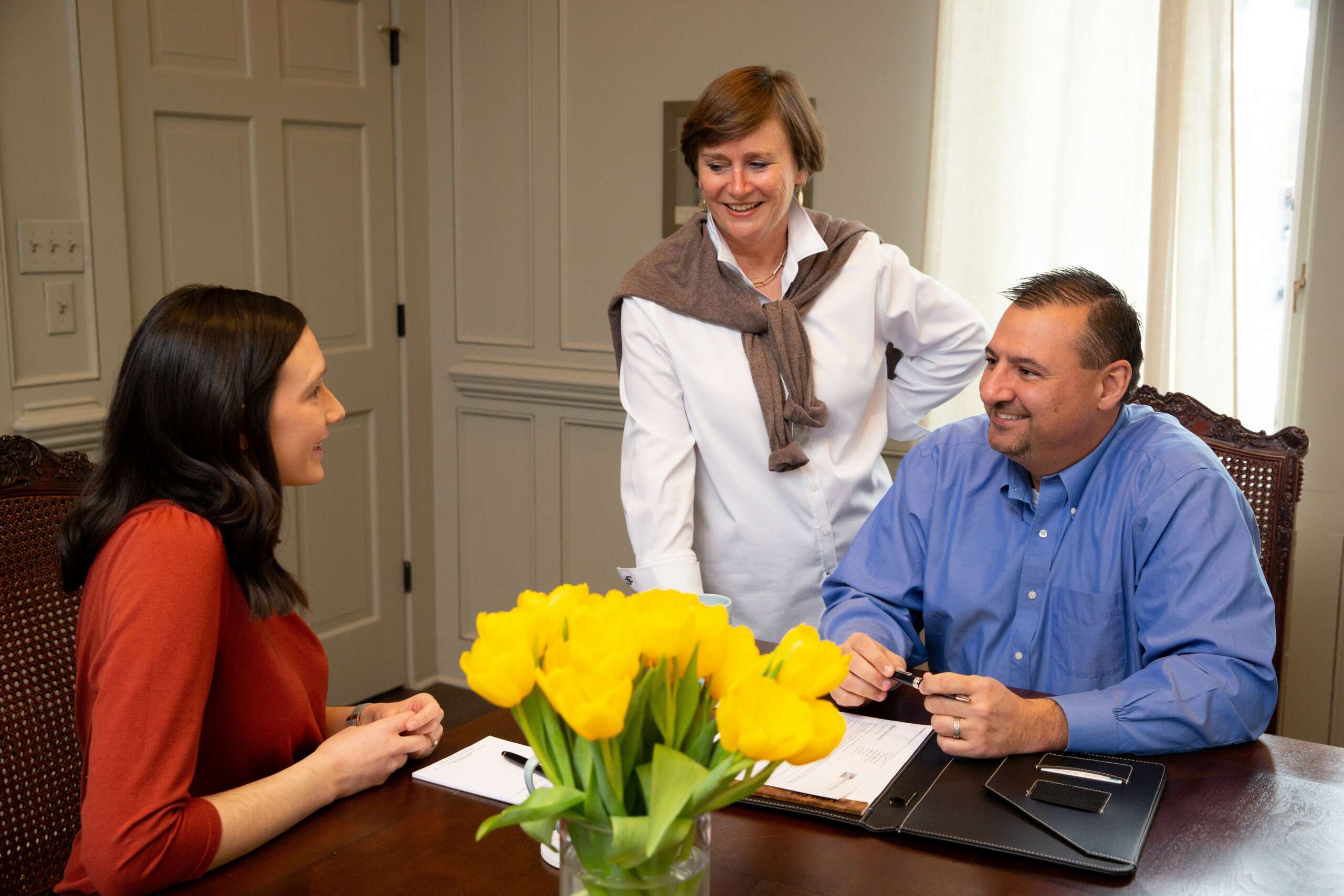
How do you keep your team’s morale high?
The most powerful thing you can do in team building and cultivating a positive culture is to ask questions. I don’t pretend to have all the answers or know the exact direction we should take. It’s essential to surround yourself with people who are as committed to the overall culture and team growth as you are.
We constantly seek input from our team by meeting with them quarterly, asking how they’re doing, offering coaching and mentoring, and giving them discretionary time off because we trust them. Our hiring practice focuses on finding the best cultural fit, and we provide opportunities for bonuses and profit sharing. Everyone gets a 6% match in their 401(k).
It’s really quite simple: treat people the way you want to be treated. Listen when they have issues or need help, and do everything you can to ensure they’re taken care of. If you take care of your team, they will take care of you.
We also send out monthly surveys that only the leadership team sees, which helps us identify when someone is struggling. Every Friday, we have a huddle where everyone shares a win—whether personal or professional—something good that happened that week. These tools help us gauge the team’s morale and well-being.
Additionally, we have a monthly check-in meeting where we share all the numbers. We believe in transparent leadership, which allows the team to understand what we’re doing, how we’re doing it, and why we’re doing it.
Contact Info:
- Website: www.benchmarkwealth.com
- Linkedin: https://www.linkedin.com/in/nancy-knous/
Image Credits
Rachael Boer Photography


